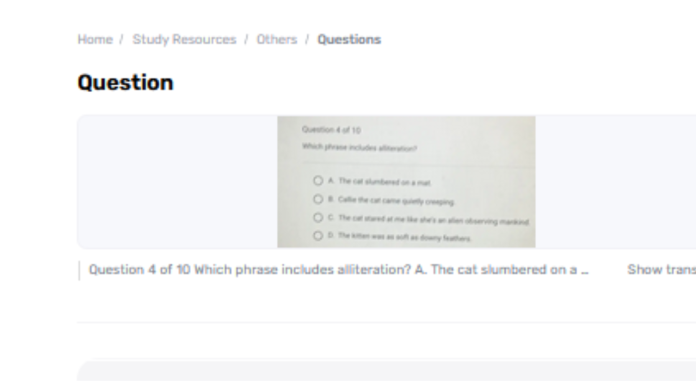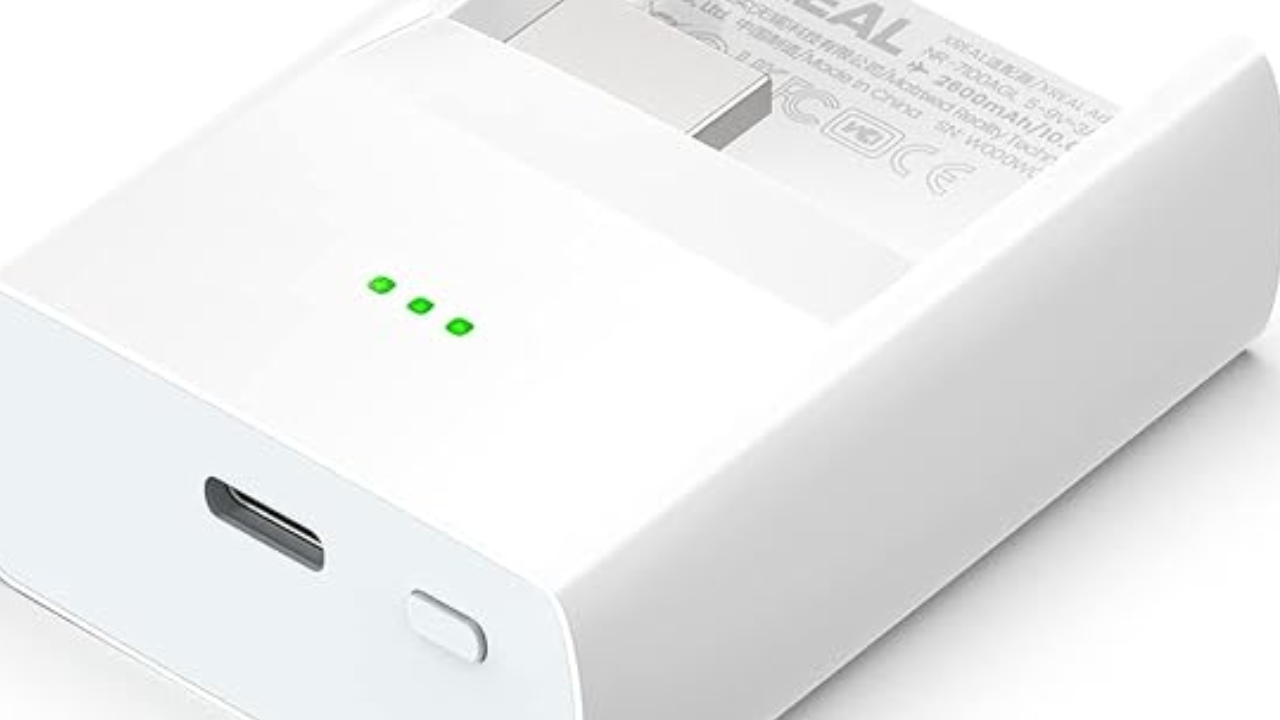Similar-sounding word usage could be a scholarly gadget where continuous words in an expression or sentence start with the same consonant sound. This method is frequently utilized to make beats, upgrade the melodic quality of dialect, and emphasize specific expressions in both verse and exposition. Understanding similar sounding word usage includes recognizing how it contributes to the surface and effect of composed and talked dialect. This article investigates which phrase includes alliteration concept of similar-sounding word usage, its importance, and how to distinguish it in expressions.
Characterizing Similar Sounding Word Usage
Similar sounding word usage happens when an arrangement of words in a sentence or expression begins with the same consonant sound, making a design that can be both satisfying to the ear and compelling in emphasizing certain words or subjects. For illustration, within the expression “Dwindle Flute player picked a peck of salted peppers,” the redundancy of the ‘p’ sound constitutes similar sounding word usage. This strategy isn’t limited to the beginning letter of each word; the center is on the redundancy of the consonant sound instead of the precise letters.
Distinguishing Similar Sounding Word Usage In Expressions
To distinguish similar-sounding word usage, one must search for expressions where the starting sounds of numerous words are repeated. For occasion, consider the express “Senseless Quip quickly sailed south.” Here, the reiteration of the ‘s’ sound makes an alliterative impact. In contrast, phrases like “Upbeat children play” or “The canine yapped boisterously” don’t display similar-sounding word usage, as the beginning consonant sounds don’t rehash. Successful distinguishing proof includes tuning in to the phonetic quality of the words instead of fair centering on the spelling.
The Part of Similar Sounding Word Usage In Writing and Discourse
Similar-sounding word usage serves a few capacities in writing and discourse. It upgrades the beat and stream of dialect, making expressions more important and locking in. In poetry, similar-sounding word usage can make a melodic quality that complements the poem’s meter and tone. In discourses and talks, it makes a difference emphasizes key focuses, and makes the message more impactful. For case, Martin Luther Lord Jr’s popular expression “I Have a Dream” employments reiteration and forms a vital and capable effect, indeed even though it isn’t similar sounding word usage. The method makes a difference fortifies thoughts and charms the audience’s consideration.
Illustrations Of Similar Sounding Word Usage
Similar sounding word usage can be found in various contexts, from writing to ordinary discourse. Classic cases incorporate expressions such as “The wild winds whipped over the world” or “Busy bees buzzing by.” In these illustrations, the redundancy of the starting consonant sounds ‘w’ and ‘b’ separately highlights the strategy. In brand names and trademarks, similar-sounding word usage is additionally commonly utilized to form catchy and recognizable expressions, such as “Coca-Cola” and “Best Purchase.” These occurrences illustrate how similar-sounding word usage can be utilized viably to make an important lock-in impact.
Assessing the Viability of Similar Sounding Word Usage
The viability of similar-sounding word usage can be assessed by considering how well it contributes to the general tone and beat of a state or piece of composing. Viable similar-sounding word usage improves the tasteful quality of the content and draws consideration to particular words or thoughts. It ought to complement the substance and setting, including esteem instead of just serving as a complex thrive. When utilized reasonably, similar-sounding word usage can make dialect more distinctive and lock in, contributing to the, by and large, impact of the communication.
How to Reply Questions on Gauth
1. Install and Enroll
Download the Gauth app from your app store. Open the app and take the steps to make a modern account.
2. Log In
Sign in to the app utilizing your username and secret word. Guarantee your account is completely enacted.
3. Find Questions
Use the search work or browse categories to find an address you would like to reply.
4. Submit Your Reaction
Sort your reply into the given field and yield it for the survey.

Conclusion
In conclusion, similar-sounding word usage could be a scholarly gadget that includes the redundancy of beginning consonant sounds in an expression. It plays a critical part in upgrading the beat, stream, and memorability of dialect. By distinguishing expressions with rehashing consonant sounds, understanding the part of similar sounding word usage in writing and discourse, and assessing its adequacy, one can appreciate how this procedure contributes to the surface and effect of both composed and talked communication. Recognizing similar-sounding word usage includes more than fair noticing rehashed letters; it is approximately the phonetic reiteration that improves the by and large expression.









